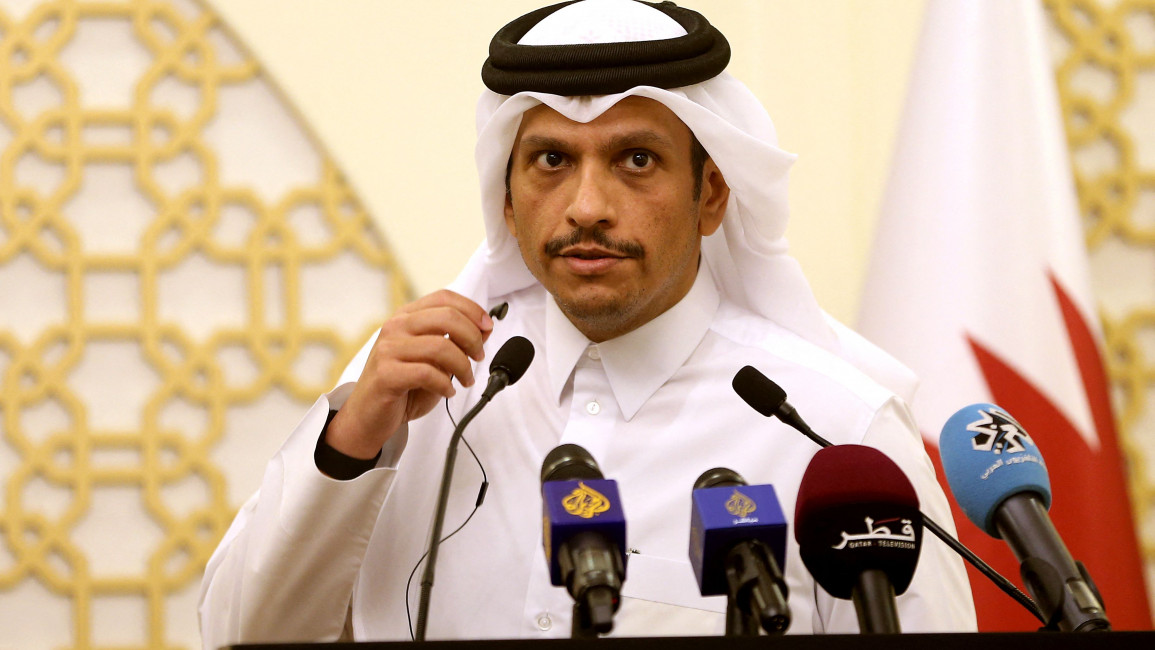Qatar FM says lack of Iran nuclear deal making Middle East 'more dangerous'
Failure to revive the Iran nuclear deal is making the Middle East "a more dangerous place", Qatari Foreign Minister Mohammed Bin Abdulrahman Al-Thani has said.
The top diplomat for Qatar, which has friendly ties with both Iran and the US and key mediator between the two countries, spoke to Bloomberg as the UN General Assembly took place in New York.
"All of the parties that we have engaged with - in the past few days, actually - we heard positive intentions from them," Al-Thani told Bloomberg in an interview posted to their website on Tuesday.
"What we believe is important is to have a deal in place, is to have a nuclear-free region, and we don't want to see an arms race happening in the region. The absence of the deal is just making the region a more dangerous place."
There had been signs in recent weeks that Iran and the US were edging towards an agreement to revive the nuclear accord, which was reached in 2015 but collapsed three years later.
But setbacks particularly around IAEA probes at Iranian nuclear sites continue to blight the process, and senior diplomats have said there is no chance of a breakthrough on the nuclear deal at the UNGA.
On Qatar's role as a transit site for people fleeing Afghanistan, the foreign minister said Doha had been able to help more than 80,000 Afghans fleeing the country since the Taliban took over a year ago.
He said some 3,000 Afghan evacuees are currently in Qatar awaiting decisions from third countries on where to and when they will be evacuated.
Qatar Emir Sheikh Tamim bin Hamad Al-Thani also spoke at the UNGA on Tuesday, where he said the world had failed in its responsibilities to Syria.
"The international community has resolutely failed to hold Syria's war criminals to account - and worse still, some [governments] are seeking to turn the page on the Syrian people's tragedy in return for nothing," the emir said.
The emir's comments come as some Arab states have taken steps to normalise ties with the brutal regime of Bashar Al-Assad.
Some 500,000 Syrians have been killed since war broke out in the country in 2011 after the Assad regime brutally crushed peaceful protests.


